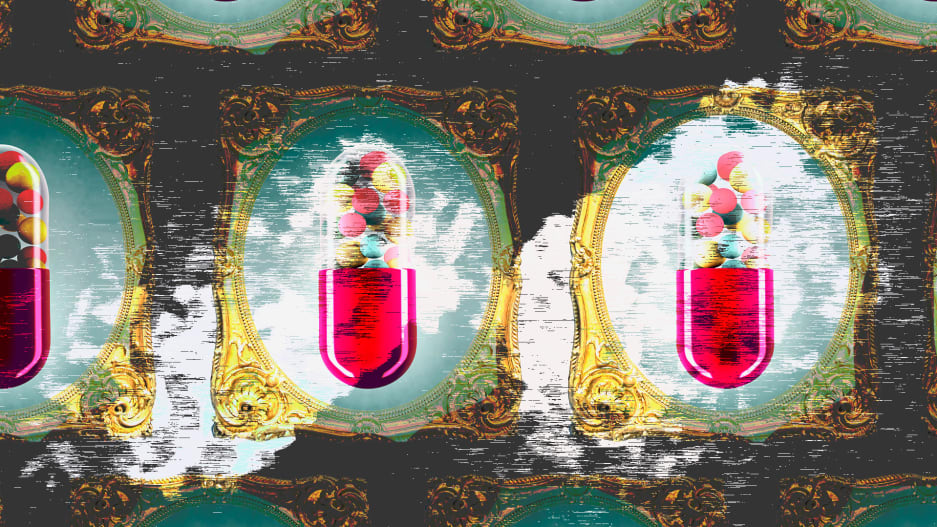- | 6:52 pm
It’s not just art: NFTs could revolutionize healthcare, bioethicists say
A multidisciplinary team of scholars write that NFTs could help citizens track and control who accesses their personal health records.

Hype for NFTs is bubbling over in Hollywood, but skeptics of the digital art form might be wondering what it can offer beyond jpegs of animated monkeys in sunglasses and striped shirts, trafficked for bragging rights and internet cred (and maybe a few thousand dollars here or there).
It’s a plaything for the rich, they might scoff.
But NFTs could be more than that. They could actually create social good, argues a recent publication out of Baylor College of Medicine—specifically, within the healthcare industry.
In the journal Science, a multidisciplinary team of bioethics, law, and informatics scholars write that NFTs, as a digital contract of ownership, could help citizens track and control who accesses their personal health records. The health record-keeping system as it exists today is an organizational jumble—an issue in and of itself—but it also disenfranchises the individual, who essentially loses all power to decide who can view their personal data once the clipboard leaves their hands. After that, the information is transcribed into an electronic record, which can then be commercialized and distributed in unforeseen ways.
More importantly, that information is valuable. “In the era of big data, health information is its own currency; it has become commodified and profitable,” says Dr. Amy McGuire, a senior author of the paper. Ownership of it, via the NFT blockchain ledger, could let individuals track the sale of their data—or stop it, or even cash in. “Using NFTs for health data is the perfect storm between a huge market place that’s evolving and the popularity of cryptocurrency,” says McGuire.
“But,” she cautions, “there are also many ethical, legal and social implications to consider.”
For example, the team notes, NFTs are still vulnerable to data security flaws and disputes over intellectual property rights. Furthermore, many people don’t really get how they work right now—another block in the road to getting the concept up and running.
But researchers believe it holds potential to revolutionize health data. “Federal regulations already give patients the right to connect an app of their choice to their doctor’s electronic health record and download their data in a computable format,” noted Dr. Kenneth Mandl, a director at Boston Children’s Hospital, professor at Harvard Medical School, and coauthor of the paper. “It’s intriguing to contemplate whether NFTs or NFT-like technology could enable intentional sharing of those data under smart contracts in the future.”































